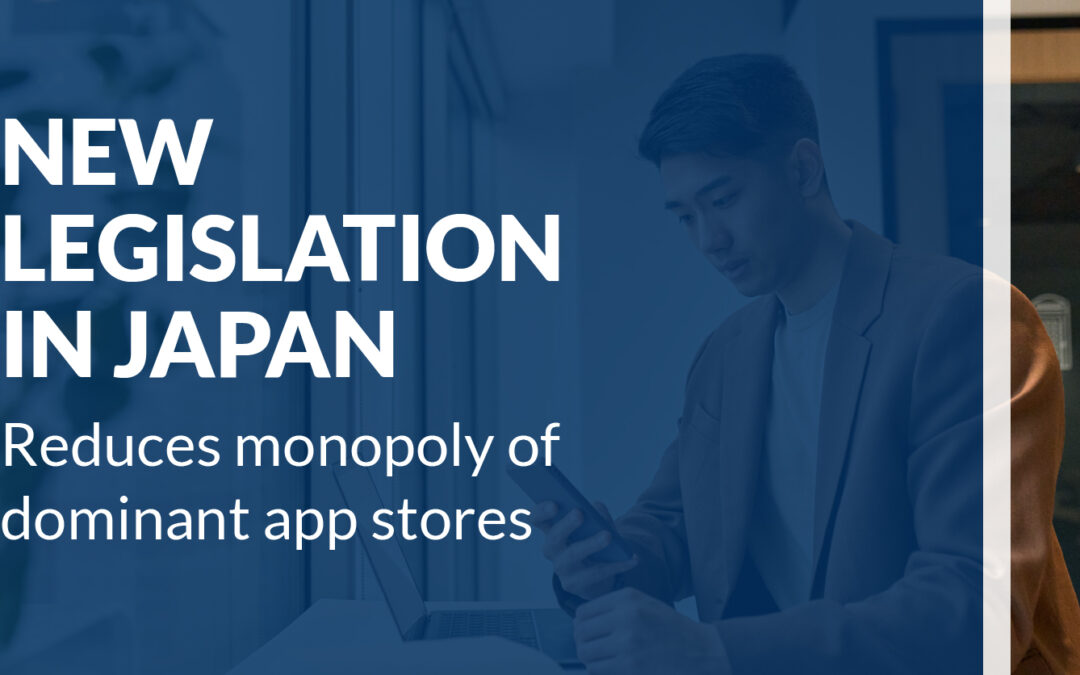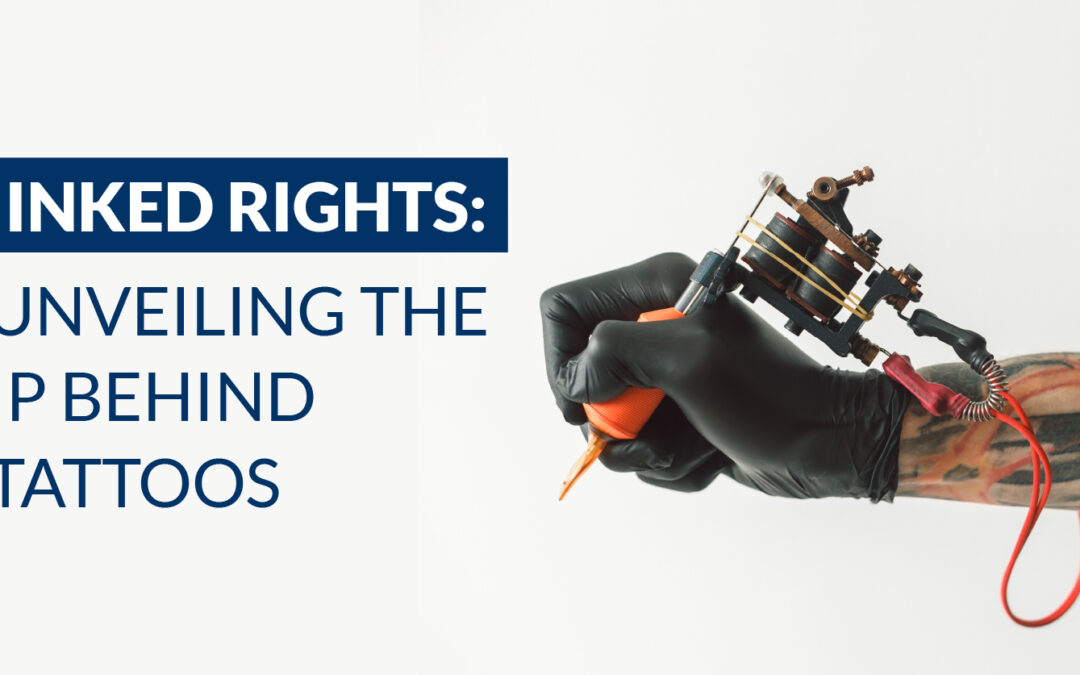Colombia has a history of protecting Industrial Property rights through civil and criminal remedies.
Its unitary (non-federal) political system, even if decentralized and as a member country of the Andean Community (not Andean Pact as some colleagues still call it), includes national provisions that allows the owner of an IP right to sue for:
(i) preventing an infringement,
(ii) ceasing it, and
(iii) recovering damages, which may be (i) common damages which includes out-of-pocket expenses, income loss, and either the infringer’s profits or what it would have paid for royalties if a license had been signed when the violation took place; or (ii) statutory damages.
The natural forum for this type of litigation is the Specialized Court of the Patent and Trademark Office (which has judicial and not administrative nature).
This type of litigation can be used for:
(i) patent infringement, which generally entails a problematic technical discussion,
(ii) likelihood of confusion claims, which do not involve passing off necessarily,
(iii) dilution claims,
(iv) cases where there is an overlap with unfair competition provisions or other similar issues,
(v) instances where your counterpart is an established business and you are actually aiming to collect damages.
Since the Criminal Code of 1980, replaced in 2000 and subsequently amended, infringement of industrial property rights (except for Geographical Indications) has been a crime, punished by imprisonment and fines, whenever committed fraudulently and in bad faith. Sanctions have increased with each amendment and nowadays there is a maximum time of imprisonment of 8 years.
Our authorities perform joint efforts against criminal structures that counterfeit and unlawfully copy products and services. The Judicial Police, the Customs Police, the Police itself, cooperate through different mechanisms with informants and owners, to tackle the problems. The Prosecutor’s Office has a specialized unit, which over time, has changed names but remains integrated by capable prosecutors, knowledgeable in both Criminal and IP Law. Not all the cases are handled by this team, only those with national relevancy, others go to less specialized yet capable prosecutors.
Although the whole criminal process may take years, the seizure of products and even the arrest of infringers may work quickly enough to make it an efficient alternative to tackle counterfeiting problems timely. This path is not, however, limited to counterfeiting, owners are encouraged to use it when infringements are committed:
(i) in proven bad faith,
(ii) fraudulently or clandestinely,
(iii) when the counterpart does not seem to be an established or formal business,
(iv) when the infringement also creates a hazard (e.g., pharmaceutical IP violations),
(v) when difficult or complex investigation activities that require a judicial order are necessary to trace the whole chain of suppliers and sellers,
(vi) when an infringer re-offends, after losing a civil lawsuit, and
(vii) when you are more concerned with actual copies in the market than their possible source.
These procedures should not be used for complex industrial property discussions and should be avoided whenever the exclusive infringement relates to patents. If patent matters are complicated for specialized courts, imagine how difficult it is for well-intended officers that handle a lot of different crimes and criminals.
On a side note, customs protection is also available in Colombia, but either criminal or civil lawsuits must follow border measures.







